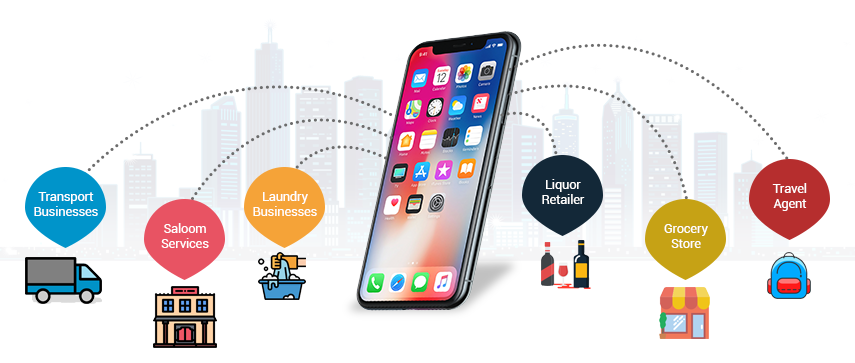In the rapidly evolving digital world, customer expectations are growing higher every day. Businesses are now expected to be available 24/7, respond instantly, and offer personalized experiences. Meeting these expectations manually is both resource-intensive and inefficient—this is where AI chatbots come into play.
AI chatbots have revolutionized the way businesses interact with their customers. Powered by artificial intelligence and natural language processing (NLP), these smart assistants are capable of holding conversations, resolving queries, and even recommending products—all in real-time. As a result, they are transforming customer engagement across sectors like e-commerce, banking, healthcare, education, and more.
What Is an AI Chatbot?
An AI chatbot is a computer program that uses AI and NLP to simulate human-like conversations. Unlike rule-based bots that follow pre-set commands, AI chatbots can understand context, learn from interactions, and improve responses over time.
They are integrated into websites, mobile apps, messaging platforms, and even voice assistants. Their ability to process human language and respond intelligently makes them invaluable tools for delivering fast and personalized customer service.
Key Benefits of AI Chatbots
- 24/7 Customer Support
One of the most important benefits of AI chatbots is round-the-clock availability. Unlike human agents who require breaks and shifts, chatbots can engage with customers any time of day, significantly improving customer satisfaction. - Instant Responses
AI chatbots reduce response time dramatically. Whether it’s a question about store hours, product features, or order tracking, chatbots can provide accurate information in seconds. - Cost Efficiency
Employing a chatbot can significantly lower the cost of customer support operations. By handling repetitive inquiries, chatbots free up human agents to focus on more complex tasks, ultimately reducing labor costs. - Scalability
Handling multiple customer queries simultaneously is a challenge for any support team. Chatbots solve this problem by managing hundreds—or even thousands—of interactions at the same time without compromising response quality. - Personalization
With the integration of AI and machine learning, chatbots can collect data from user interactions and personalize responses. They can remember past interactions, recommend products, and provide tailored support based on user behavior.
Use Cases Across Industries
E-commerce: AI chatbots help customers find products, offer personalized shopping recommendations, and assist with order tracking and returns. They also play a vital role in cart recovery and upselling.
Banking and Finance: Chatbots provide real-time account information, transaction history, and financial advice. They also help with fraud detection by monitoring user behavior and alerting suspicious activity.
Healthcare: Chatbots assist in scheduling appointments, sending reminders, offering basic medical advice, and even providing mental health support through conversational therapy models.
Education: AI bots serve as virtual tutors, answer academic questions, and provide administrative assistance like enrollment support or course information.
Travel and Hospitality: From booking tickets to offering itinerary suggestions and real-time updates, chatbots streamline customer journeys in the travel sector.
The Role of Natural Language Processing (NLP)
A core component of AI chatbots is Natural Language Processing. NLP allows bots to understand the intent behind a user’s message, even when it’s phrased in casual or ambiguous language. This enables the chatbot to respond in a natural, human-like manner, creating seamless and engaging user experiences.
Advanced NLP also enables multilingual support, helping global businesses cater to a wider audience with consistent service quality.
Challenges and Considerations
While AI chatbots offer many benefits, implementing them comes with a few challenges. These include training the chatbot with diverse datasets, ensuring data privacy and compliance, and maintaining human fallback options for complex queries.
Moreover, not every chatbot is created equal. Businesses must invest in well-trained, context-aware bots that align with their brand voice and customer expectations. It’s also crucial to continuously monitor and refine the chatbot’s performance for ongoing improvement.
Conclusion
AI chatbots are no longer a futuristic concept—they’re a practical and powerful tool being used by businesses today to enhance customer service, reduce costs, and scale operations. As AI technologies continue to evolve, chatbots will only become smarter, more efficient, and more integral to digital strategies.
For businesses looking to implement this technology effectively, partnering with an experienced AI chatbot development company is key. The right partner can help design, develop, and deploy intelligent chatbot solutions tailored to specific business needs, ensuring a seamless and engaging customer experience from day one.




